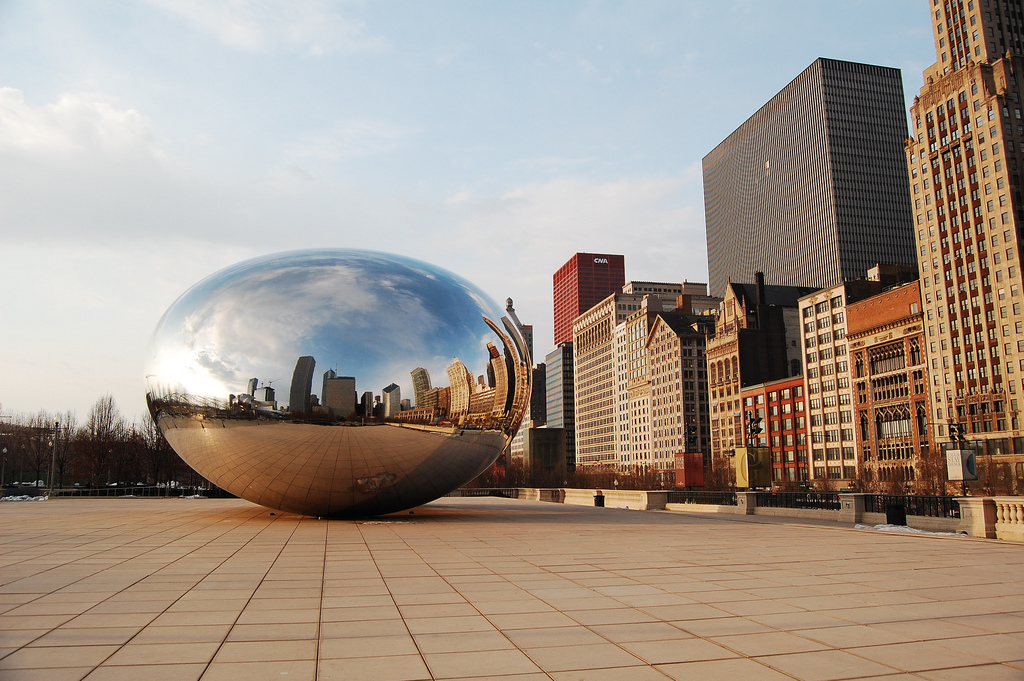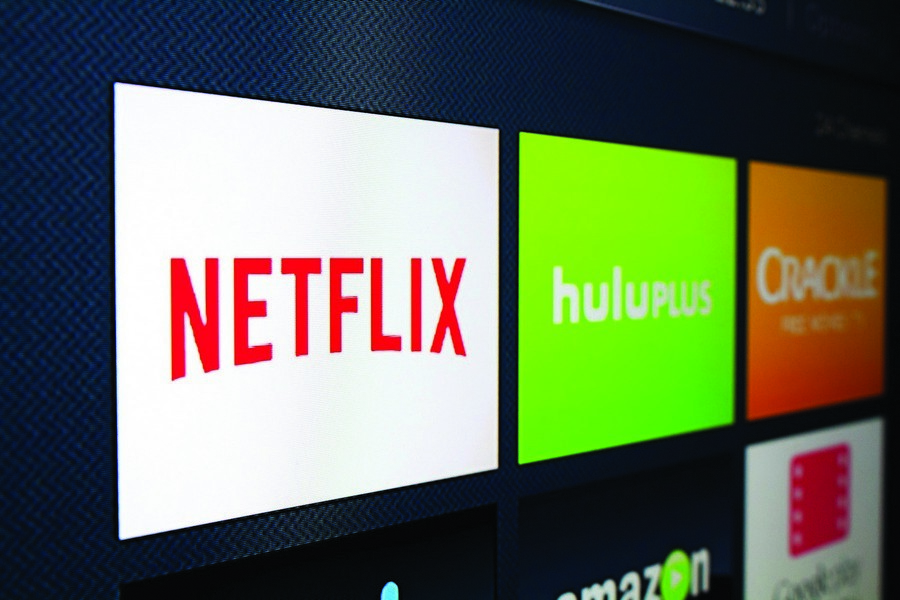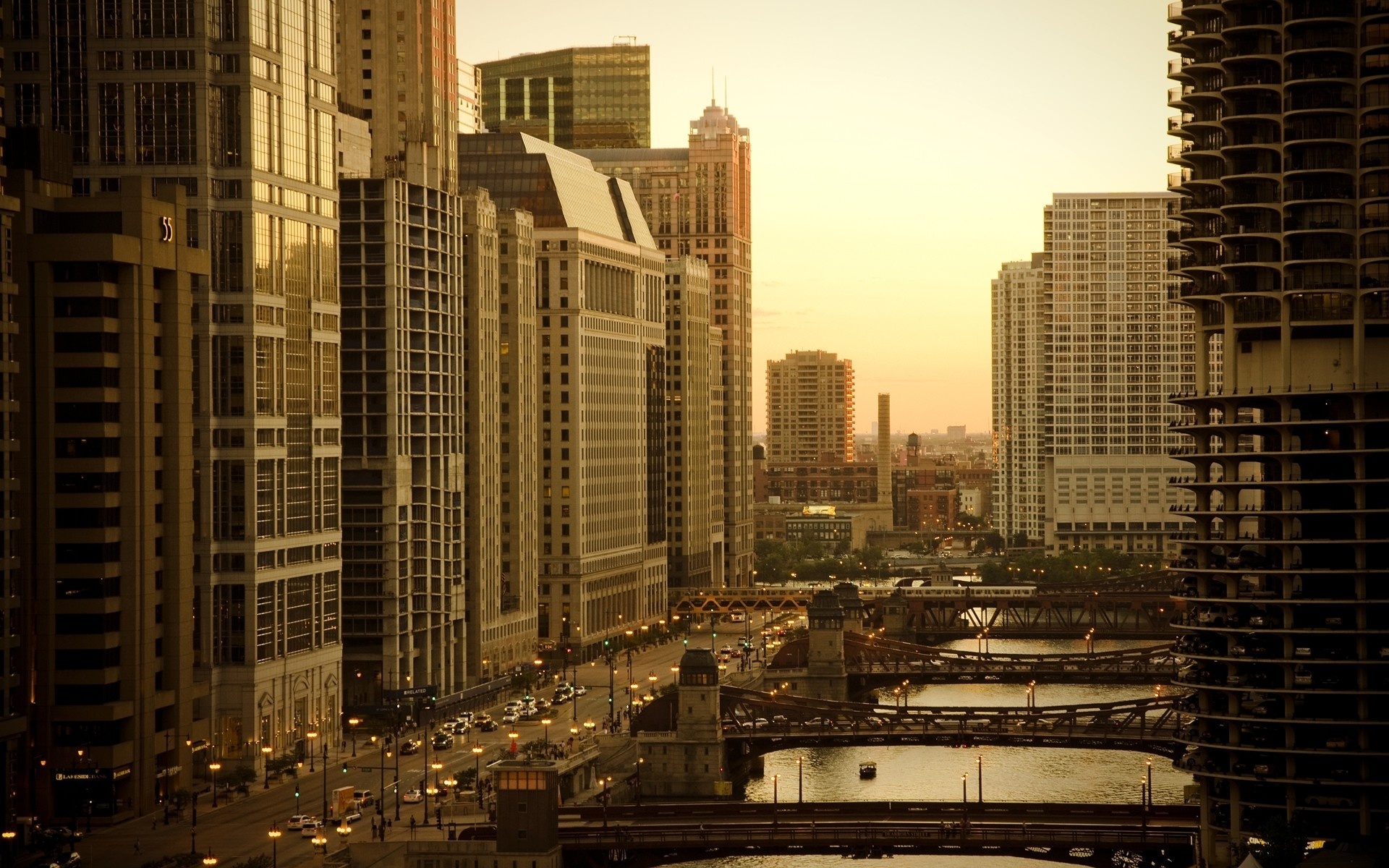Welcome to Chicago: where even the cloud is taxed

Recently, in Chicago (USA), more and more attention is paid to the topic of the new tax, which entered into force on July 1 this year. This is a local tax of 9% on entertainment services provided in electronic form, it applies to streaming video, music, online games and so on, with the exception of books and materials that users download for offline use.
Many vendors, data centers in and around the city, are worried about such an unusual tax, which entails an increase in the amount of payment for using Netflix, Spotify and other network services.

Netflix has already announced its intention to increase the monthly fee. The Chicago authorities justify such a tax by the fact that the existence of streaming services reduces the demand for the services of traditional retail video rental points and music stores, which replenish the city budget through taxes. Funny fact, the new tax applies not only to entertainment services, 9% will have to pay and cloud platforms. Thus, prices can rise for users of Amazon Web Services and other platforms. No cloud tax is likely to be levied on cloud storage services. So an organization that hosts some type of content based on a streaming service in Chicago may well be taxed twice as a user and as a provider.
For the controversial new tax, which according to preliminary estimates will bring $ 12 million annually, the city council did not vote. But despite this, a day after the tax came into force, the city financial department “behind the scenes” posted a message about it on the website of the city hall. It was not budgeted for 2015. He was not offered for consideration to the city council, there were no hearings, and there was no public discussion. Representatives of the administration of Mayor Ram Emanuel say that all this was not necessary, because this is not a new tax, it is an “explanation” of two existing taxes - the city tax on entertainment and the tax on transfer of rent of personal property. City officials say they will only begin collecting tax from September 1.
Forbes recently raised a discussion about the fact that Chicago has already removed the "tax on entertainment" from entrepreneurs. In principle, this tax applies to both physical - concerts, sporting events, and electronic forms of entertainment.

Let's see what's new in this tax.
According to the long definition of entertainment tax, services that provide their subscription and pay-per-view services, such as Netflix, Amazon Prime, and Spotify, will have to collect 9% tax from all their customers in Chicago. Having paid for the movie that you would like to watch sitting on the sofa at home, you will also have to fork out the “entertainment tax”, which is approximately the same as if you bought a ticket and went to a concert at Soldier Field. The new definition of rental tax includes “in the cloud” systems - the use of data and digital content stored on someone’s server and accessed via the Internet. Examples are Google Cloud, Amazon Web Services, Quicken, and TurboTax. Many startups create cloud services and most small companies switch to them, in order to save money. In any case, a 9% tax will be a serious blow. City officials say they only want the entertainment and services offered to be taxed accordingly. They are also trying to introduce taxes on cloud services in other cities and countries. In March last year, a 3% tax was introduced in Buenos Aires. Discussions of such taxes are in Canada and in Europe.
Everyone, including the growing urban technology community, was taken aback when a tax message appeared on the news. Entrepreneurs perceive the 9% tax as a triple blow: they rely heavily on cloud business services, they develop these services for their customers ... and, like everyone else, after work they are not averse to relaxing and watching a movie on Netflix. Apparently, the city council, realizing that Ram Emmanuel could get a new nickname in the world of startups - “Mayor 9%”, on Tuesday slightly succumbed to incoming complaints.
“Based on the reaction we received from the vibrant Chicago startup community, the administration will take steps to provide small businesses with discounts and not to disadvantage competitors,” said the mayor’s office in a statement. - Proposals are discussed with all interested parties. At the end of the month we will publish additional guidance. ”
It is possible that startups will receive an “exemption” from the unusual tax. But this in no way means that all consumers in Chicago will be among the “interested parties”.

What awaits suppliers and users?
▪ A new challenge for startups. A challenge for new or small organizations working on a limited budget. They become more vulnerable to large organizations for which such a tax is not so "noticeable".
▪ Higher costs for suppliers.
▪ Higher costs for users located in Chicago.
Let's be honest, we are already talking about taxing cloud services, for example, in February, the e-commerce giant Amazon began collecting taxes on all sales in Illinois and other cities. The reality is that processed and consumed content will continue to grow rapidly. There will be new areas where suppliers and organizations can truly expand their business. And spending clearly points to this trend. Global spending on IaaS is expected to reach nearly US $ 16.5 billion in 2015, an increase of 32.8 percent compared to 2014, with an aggregate annual growth rate (CAGR) from 2014 to 2019 reaching 29.1 percent for The latest data provided by Gartner.
When choosing large cities as a home for the development and promotion of cloud business projects, one must take into account the fact that you will have to pay an additional tax in this case.
